Natural disaster losses globally are averaging upward of $250 billion annually. As the climate continues to warm, scientists predict changes in the frequency, duration, timing, and location of floods, storms, wildfires, droughts, and other extreme events, potentially exacerbating trends of rising disaster losses. Marginalized communities will bear the brunt of these impacts, but do not have adequate resources for sufficient investments in adaptation and hazard mitigation. Many households and communities are not prepared for today’s extreme events, let alone tomorrow’s.
The Policy Incubator is examining opportunities to improve community resilience now and in the future. These initiatives include quantifying the financial recovery gap—particularly for low and moderate income households; examining novel insurance models that can help improve the recovery of low income households after disasters; designing polices to secure fair and affordable flood insurance premiums, while not sacrificing other program objectives; and testing new risk reduction financing solutions.

Highlights:
Resources:
Reports, Issue Briefs, Primers, and Blog Posts:
Urban Food System Resilience and Supply Chain Vulnerabilities
Community-Based Catastrophe Insurance: A Model for Closing the Disaster Protection Gap
Improving the Post-Flood Financial Resilience of Lower-Income Households through Insurance
Parametric Insurance for Disasters
The Mispricing of Flood Insurance: A Look at Portland, Oregon
Rewarding Communities that Build for the Future: A Resilience Policy Score
Local Solutions to Flood Insurance Affordability: Portland’s Flood Insurance Savings Program
Residential Flood Insurance in Puerto Rico
Recovering from Disasters: Evaluating FEMA’s Housing Assistance Program in the 2017 Hurricane Season
Op-Eds:
Racial Justice without Environmental Justice is No Justice at All
Low-income households should be prioritized after disaster strikes
Accessing Disaster Recovery Assistance Requires a Map and Compass
Americans need better disaster relief and insurance programs
Why Fairness Matters in Reforming Flood and Health Insurance Programs


